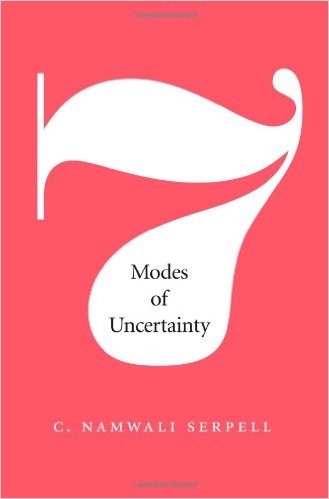
Invisible Hands: Self-Organization and the Eighteenth Century
Human beings inhabit a multitude of apparently ordered systems—natural, social, political, economic, cognitive—whose origins and purposes are often obscure. In the eighteenth century, older certainties about such orders, rooted in either divine providence or the mechanical operations of nature, began to fall away. In their place arose a new appreciation for the complexity of things, a new recognition of the world’s disorder and randomness—and also a new ability to imagine the world’s orders as self-organizing. If large systems are left to their own devices, eighteenth-century Europeans increasingly came to believe, order will emerge on its own without any need for external design or direction.
In Invisible Hands, Professor of History Jonathan Sheehan and coauthor Dror Wahrman trace the many appearances of the language of self-organization in the eighteenth-century West. Across an array of domains, including religion, philosophy, science, politics, economy, and law, they show how and why this way of thinking came into the public view.
After an introduction by David Bates (Rhetoric), Sheehan will speak briefly about his book and then open the floor for discussion.






